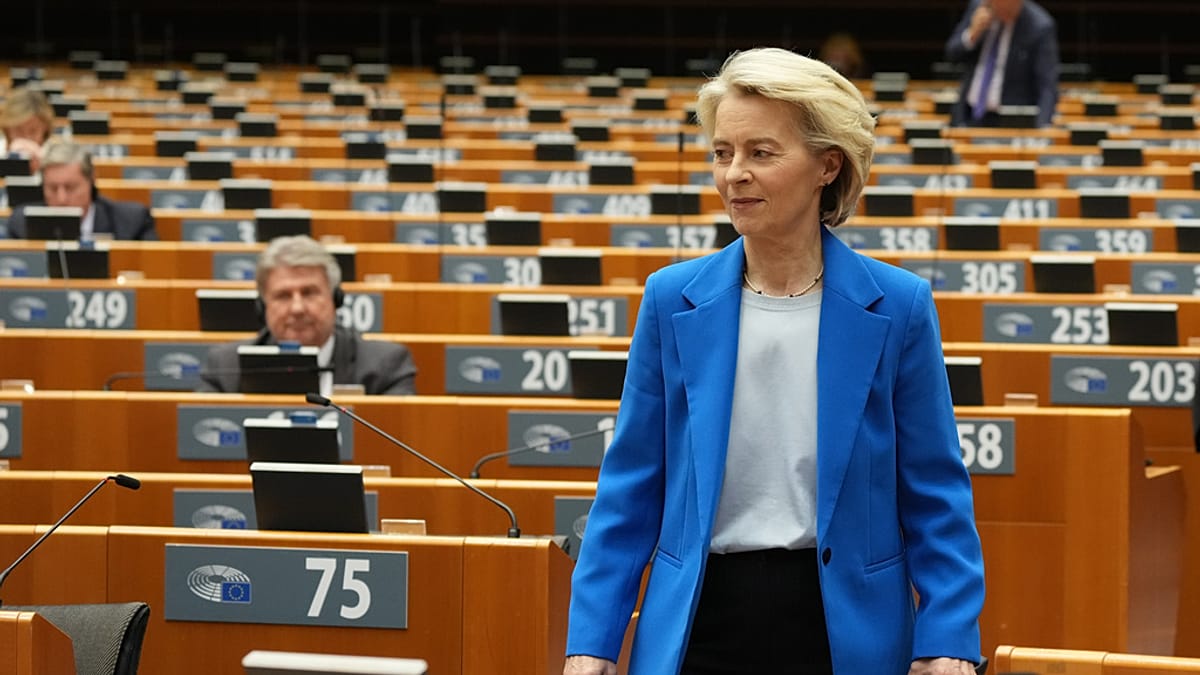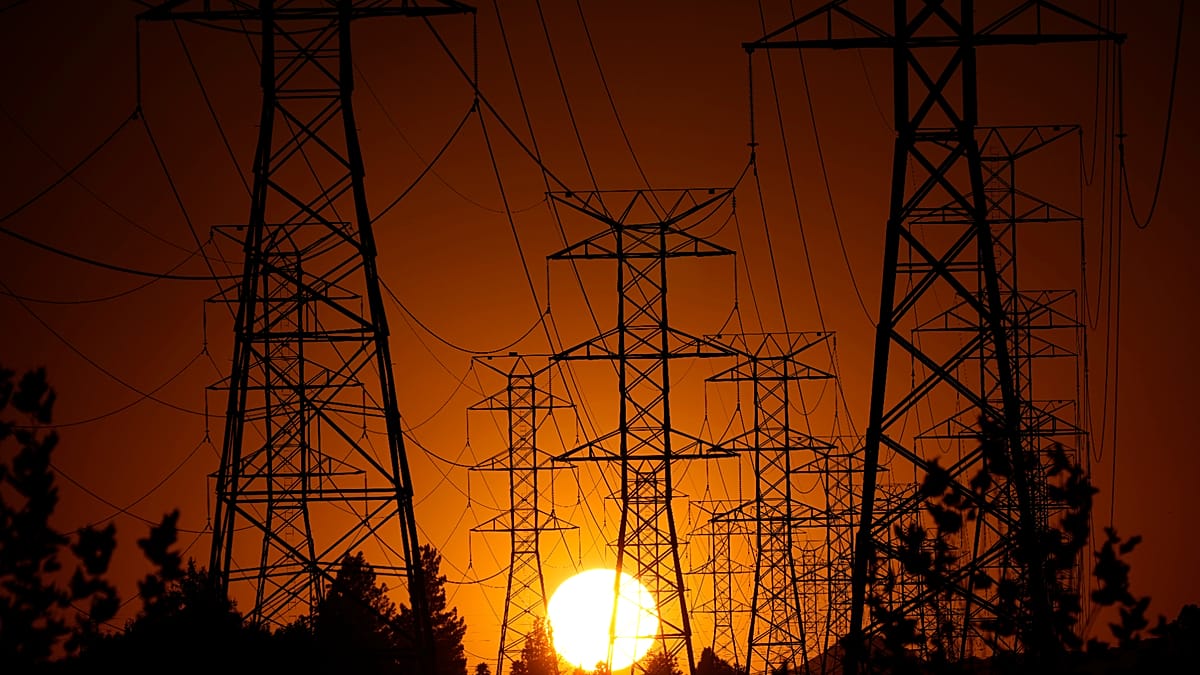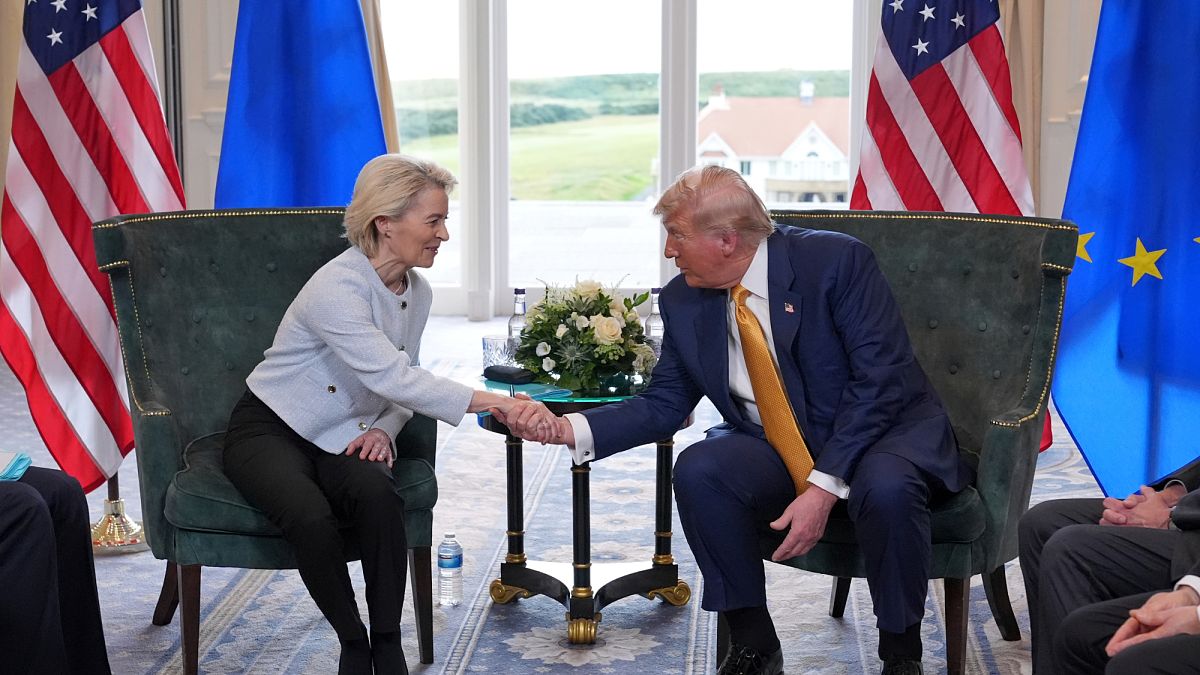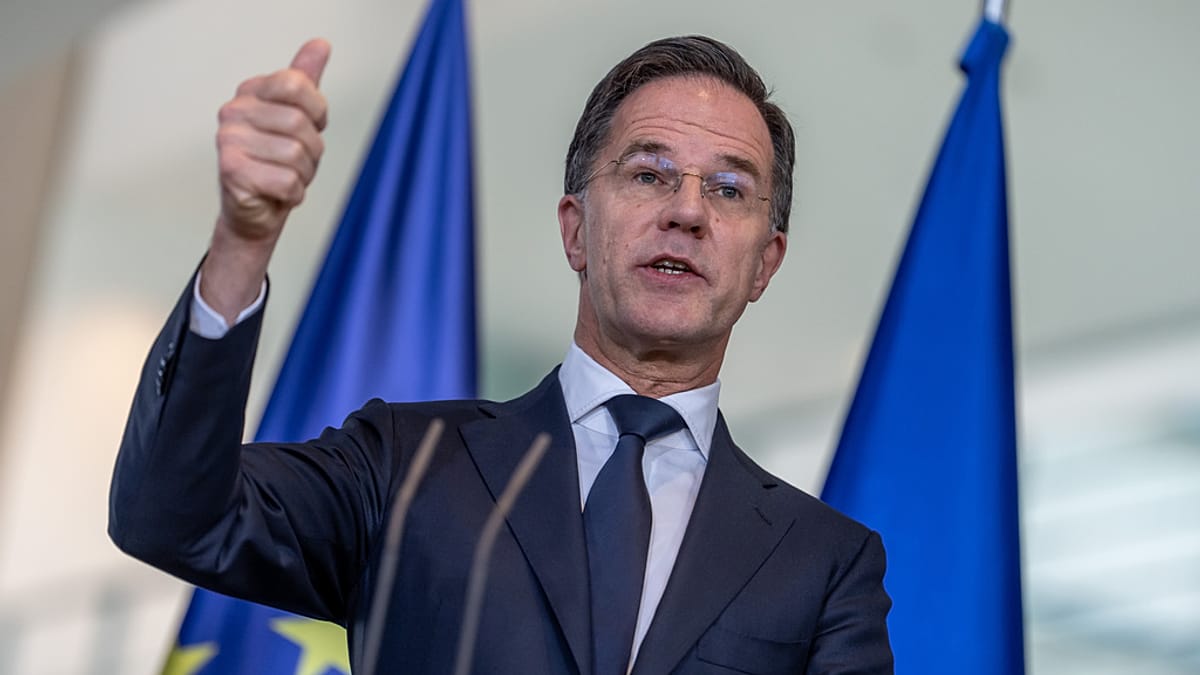
New Zealand First leader Winston Peters says his suggestion Fonterra should face more regulation is not a threat but rather “Parliament’s duty”.
ACT’s David Seymour says politicians should leave the decision to those “milking cows”, to which Peters bit back: “we know what one end of the cow looks like”.
Peters penned an open letter to farmers on Friday morning, having earlier criticised Fonterra’s proposal to sell retail brands like Mainland and Anchor, and other assets, to French company Lactalis.
The letter accused the company’s executives of not being transparent and warned that if the deal progressed “then perhaps we need to revisit the regulatory environment”.
Speaking to RNZ, Peters denied that warning was in any way a “threat”. He said his letter was intended to alert farmers “to what’s going on”.
“I’m not interfering with the farming community or with Fonterra. I’m saying, ‘you have enjoyed by statute and by Parliament the position of a monopoly privilege and now you’re selling it and claiming it’s all of your own right’. No, it’s not. It’s the right of the New Zealand people,” he said.
“When you ask for regulatory conditions and privileges and then you sell them off to some other country’s advantage with no permanency in terms of benefit to New Zealand — or, dare I said, their children and their grandchildren’s chance to go farming in this country — then it’s the Parliament’s duty to examine the full import of this deal.”
In a written statement to RNZ, Regulations Minister Seymour — who’s also ACT leader and deputy prime minister — said New Zealand was not a socialist country, and commercial decisions “should be for business owners, and political decisions for politicians”.
“If anyone wants a say on the Fonterra vote, they should earn the right by getting up at 4am and milking cows for a few decades. If they’re not prepared to do that, they should leave it to the people who are.”
That comment did not go down well with Peters: “I milked cows almost two decades, and so did Shane Jones, and so did others of us in my caucus.
“We actually know what one end of the cow looks like compared to some who don’t.”
The suggestion politicians should stay out of business decisions was “marvellous, until you demand privileges from Parliament to give yourself the chance of having an edge to then turn against the national interest for your own narrow advantage”, Peters said.
Fonterra rejected RNZ’s requests for interviews but said it would respond to Peters’ letter with a statement soon.
A spokesperson also pointed to Parliament records showing it was the select committees that declined to hear from Fonterra, not the other way around.
Peters told RNZ that was not good enough.
“With respect, Fonterra could have volunteered, regardless of the committee,” he said.
“Just because others in the committee have got a perverted idea what free enterprise and capitalism looks like — against the national interest — there’s no reason for them to repeat a mistake that they made when they did that same thing with the Beingmate investment.”
Prime Minister Christopher Luxon’s office told RNZ he had nothing to add to his comments on Monday, in which he said politicians should not be telling farmers what to do.
“He’s entitled to a view of what he wants, but I’m just saying to you farmers will make that decision, not Winston Peters or not Chris Luxon. We can have our respective reckons and views, that’s fine, but ultimately it’s a decision for farmers and they’re quite capable of making the decision.”
The deal is expected to net Fonterra more than $4.2 billion, and pay out $2 per share to farmers – so a smaller farm of 300 to 400 cows producing 100,000kg of milk solids a year could be expected to receive $200,000.
Shareholding farmers have been voting on the deal since the 7th, with online submissions closing on October 27 before briefly reopening for a special online meeting on the 30th. The company’s decision is expected to be made public that same day.
Farmers have shareholdings proportional to the amount of milk solids they produce.
Fonterra responds
In a statement, Fonterra said the decision to sell was a significant one for shareholders — and pushed back on Peters’ accusations of a lack of transparency.
“Fonterra has outlined the rationale for the divestment and the terms of the transaction clearly in materials released to the NZX and shared with farmer shareholders, media and stakeholders including Government,” the company said.
“We have been engaging extensively with farmers on the divestment proposal through roadshow meetings across the country, webinars and direct engagement with members of the Board and management team.”
The company pointed to the notice of meeting document shared via the NZX, which outlines what the company says is a “long-term partnership” with Fonterra.
“The strong international reputation of New Zealand milk, and dairy products of New Zealand provenance generally, mean that Fonterra will be an essential long-term supplier and partner to Lactalis,” the document states.
Fonterra also said the brands’ sale to Lactalis followed an extensive strategy review which clearly showed its ingredients and foodservice businesses were the best way to create value, and the company was targeting average returns on capital of 10-12% alongside the highest sustainable farmgate milk price.
“We have plans to invest up to $1 billion over the next three to four years in projects to generate further value through our Ingredients and Foodservice businesses. We are targeting our earnings to be back at FY25 levels by FY28, offsetting the loss of Mainland Group earnings.”
“Ultimately, the decision to divest the Mainland Group business to Lactalis sits with Fonterra’s farmer owners. Fonterra has not been invited to appear before any Select Committee to discuss the proposed divestment. Please also note our investment in our UHT plant in Southland is $150 million, not $30 million.”
rnz.co.nz














